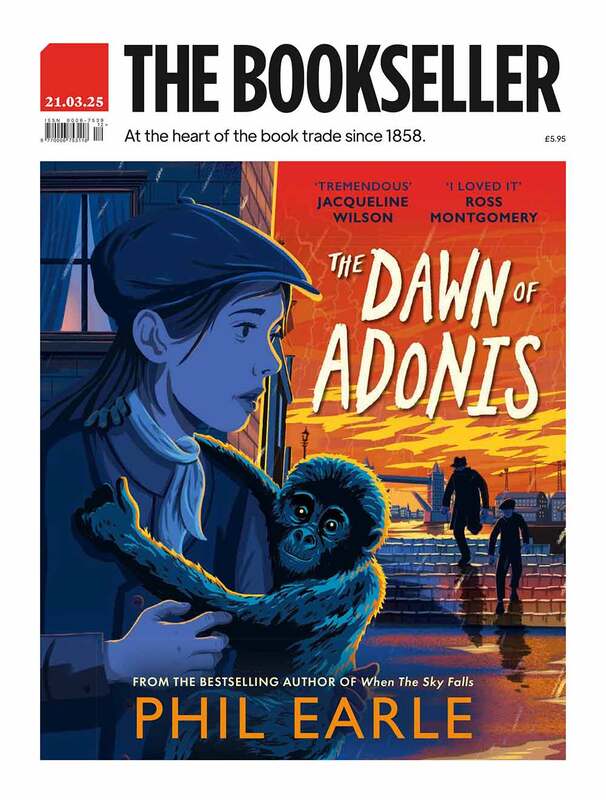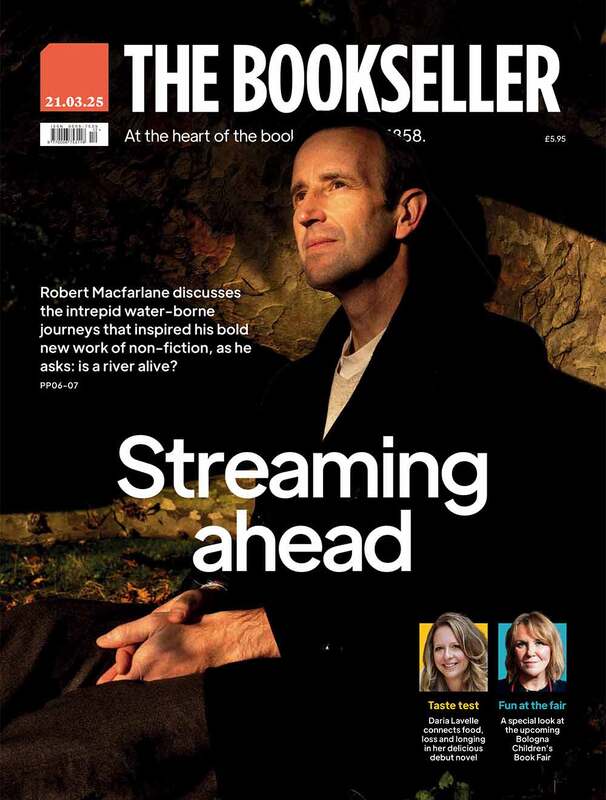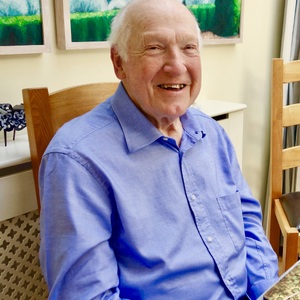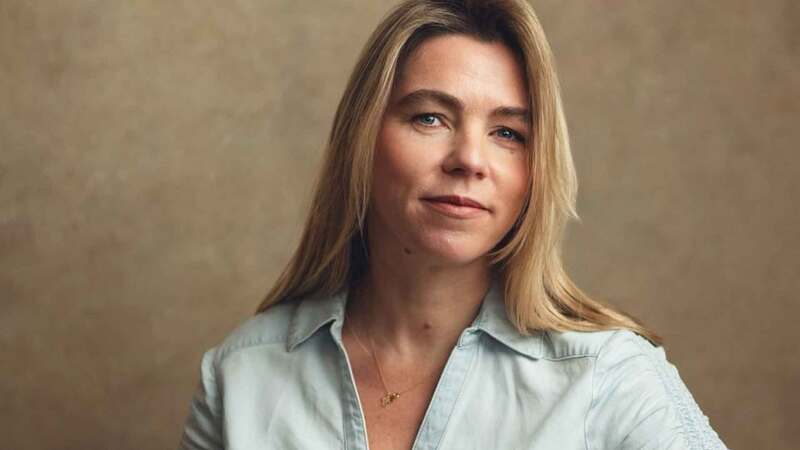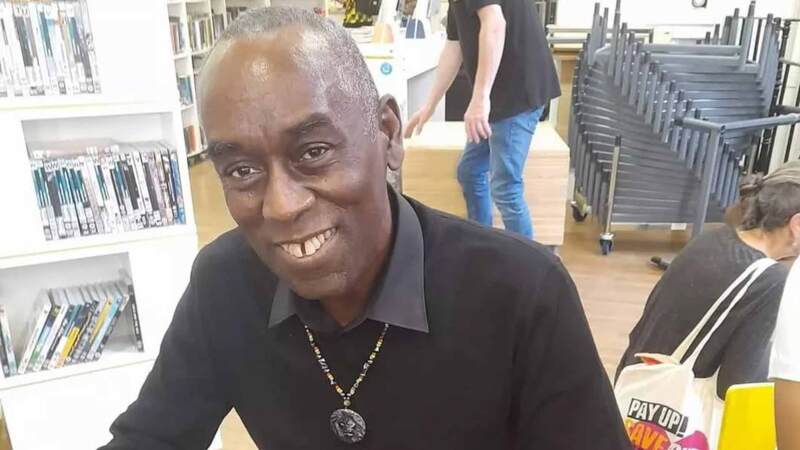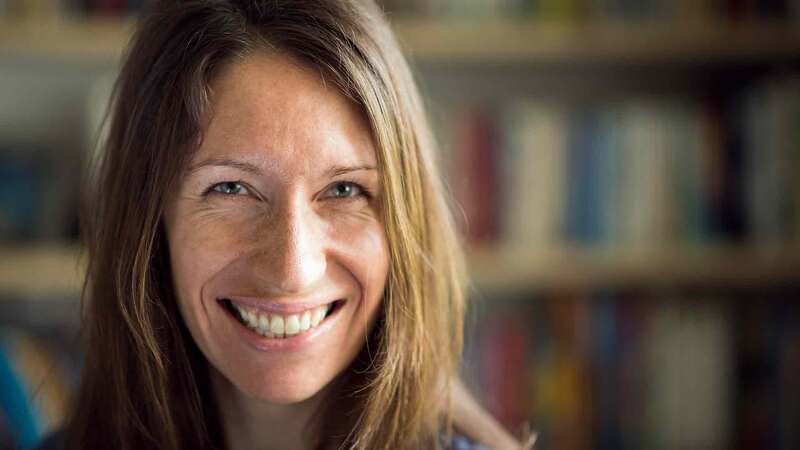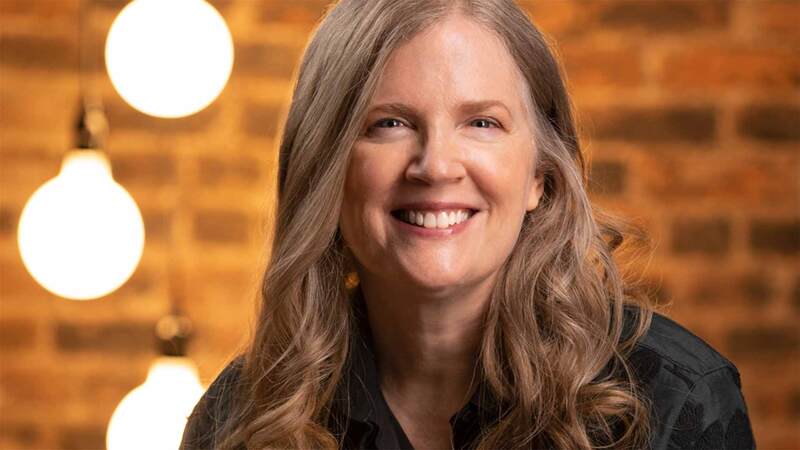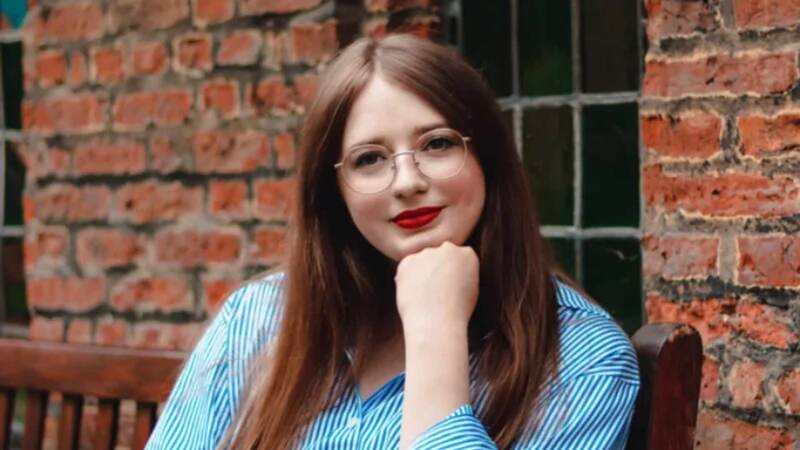You are viewing your 1 free article this month. Login to read more articles.
No one ever leaves the book industry
Ninety-year-old doyen of the publishing trade, Don Short, reflects on his time as a literary agent.
Christine Keeler was anxious to start her memoirs. Her potential book had the promise of a bestseller. However, after months of discussion, there was little sign of any manuscript.
It was the late 1970s and I had just launched my own literary agency and syndication company called Solo. I had until then been a journalist at the Daily Mirror for over 15 years, writing two columns a week as the chief showbusiness correspondent, alongside ghost-writing celebrity autobiographies. My background was firmly working-class and my interest in books started early. My father had a furniture shop where I ran a little library as a child, lending out second-hand books for a penny. I received a scholarship to study journalism at Chiswick Polytechnic before starting work aged 15 at the local paper in Staines, then Cirencester, and moving on to Fleet Street some years later.
When my days at the Mirror ended, going solo felt natural, in every respect. I employed Mike Anderson, a colleague and friend from the Mirror, and asked if he could take charge of Keeler’s literary exploits.
We met Christine at her apartment to discuss the book. Mike began work but he was soon at her beck and call. If she wanted to go shopping, she would summon him to chauffeur her across town. I arranged to meet her at a pub for an update, where I was in for a shock.
The landlord looked at me. “Mr Short?”
Surprised he knew my name, I replied, “Yes?”
“I’ve got a bill for you, sir, of £167. Christine assured me you’d settle her tab.”
I felt obliged to pay and resolved not to examine Mike’s expenses. With no manuscript materialising, however, we agreed to break away from the project.
Life as an agent has changed greatly over the years. In those days, I would arrive at the office to find a line of hopeful authors clutching their manuscripts
I steered Solo largely in the direction of celebrity books as they were becoming a lucrative concern for publishers for the first time and corresponded neatly with my experience and contacts in the showbiz industry. I felt privileged to call tennis legend Fred Perry a client and Swedish actress Britt Ekland. England cricket captain Mike Gatting, bomb disposal hero Peter Gurney MBE, and singer Val Doonican were soon on my list.
When I told one of our scriptwriters that I wanted to diversify the agency, I was not expecting him to introduce me to a reformed prisoner of the notorious Richardson Gang. Charlie Richardson, whose autobiography My Manor our scriptwriter was helping to compose, was said to chop off fingers and toes with bolt cutters, and much worse. Charlie was eager to share his story after 25 years in jail. And so he drove his battered Capri to Solo, and I proceeded to introduce him to his prospective publishers at Sidgwick & Jackson. He drove me to their offices in Covent Garden and deliberately parked on double yellow lines.
“You could get towed away,” I told him.
“They won’t touch that car when they check it’s mine.”
After the meeting, the car was intact with no sign of a parking ticket despite two traffic wardens standing nearby. Charlie was pleased when his book came out and talk arose of a film adaptation.
Life as an agent has changed greatly over the years. In those days, I would arrive at the office to find a line of hopeful authors clutching their manuscripts. Our clients, meanwhile, would pop in, champagne in hand, and chat to an amused gaggle of journalists and photographers armed with work that needed syndicating. Solo also handled the syndication of the Sun and Rupert Murdoch’s publications in Australia. This was a 24-hour operation which involved sending material across the globe to different deadlines and time zones via Federal Express or DHL. When Sir David English asked if I could take on the syndication for the Daily Mail, the Mail on Sunday and the Evening Standard, I happily agreed. It meant another move for our office, having started out in Crystal Palace, we found a larger premises in Bouverie Street which accommodated our team of 15 which then settled in Kensington.
I was always very grateful for the work, however frantic it could be. It wasn’t unusual to have three business lunches in succession with publishing directors (at different restaurants – I needed a walk between meals) before returning to the office to finalise contracts, work with writers, and seal the next deal.
But it could not last forever. At Frankfurt Book Fair in 1997, I woke to find a note slipped under the door of my hotel room. It was from an American newspaper group executive, anxious to meet for breakfast. Would I be receptive to a takeover deal? I met the executive the following day. As I was in my mid-sixties, he suggested that I must be considering retirement. Until then, the thought of retirement had not occurred to me…
One year later, the merger had gone through.
It amused me to hear that my role had been filled by a team of 14 people. I could enjoy retirement, knowing my own deal was done.
That is, until 2020, when I finally decided to write my own memoirs, The Beatles and Beyond.
But that’s another story altogether.
As told to Alice Dunn.

